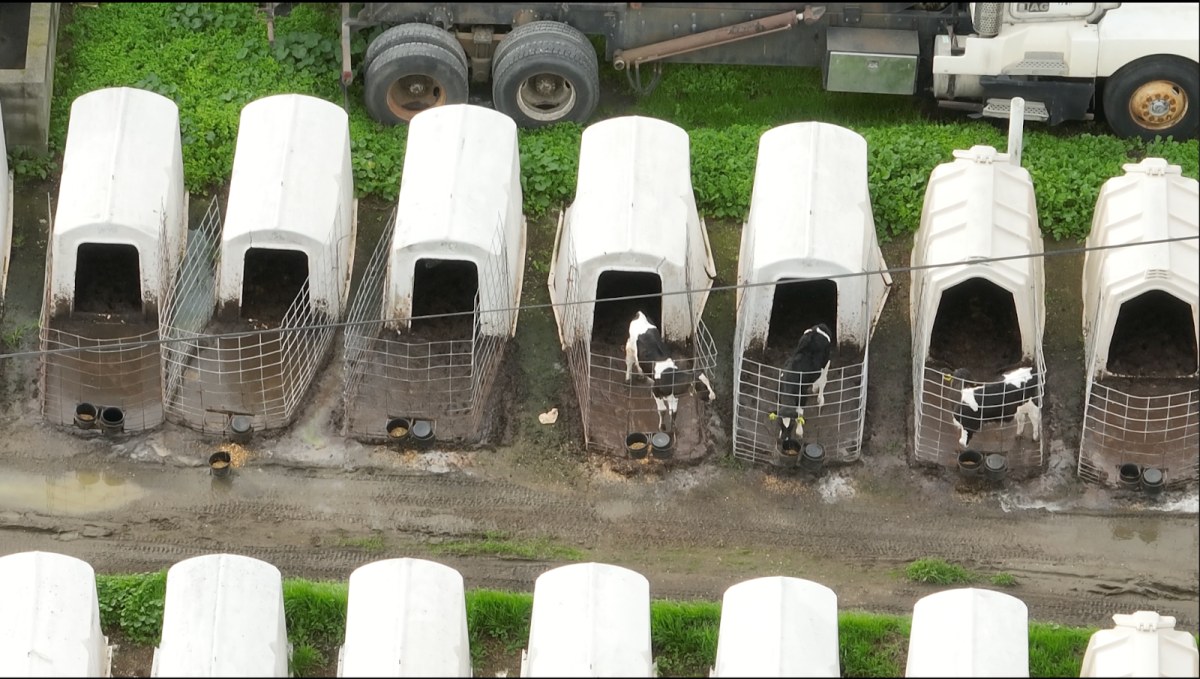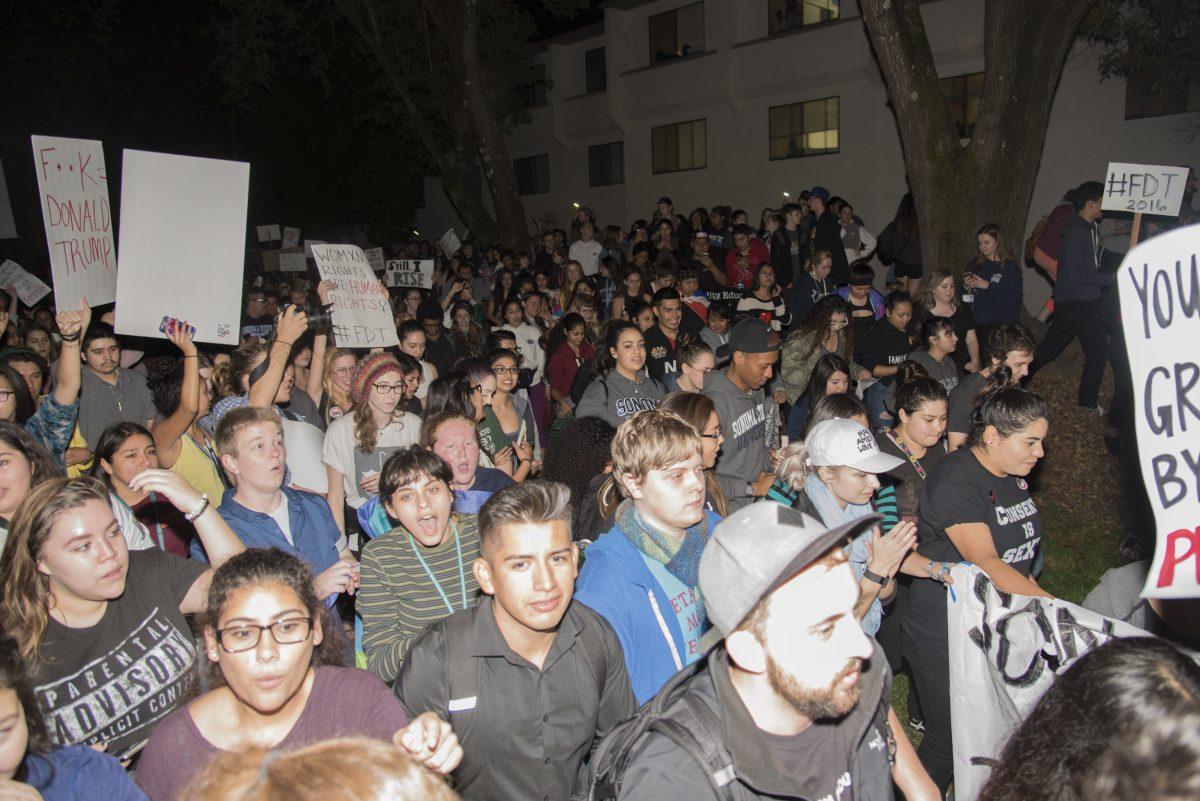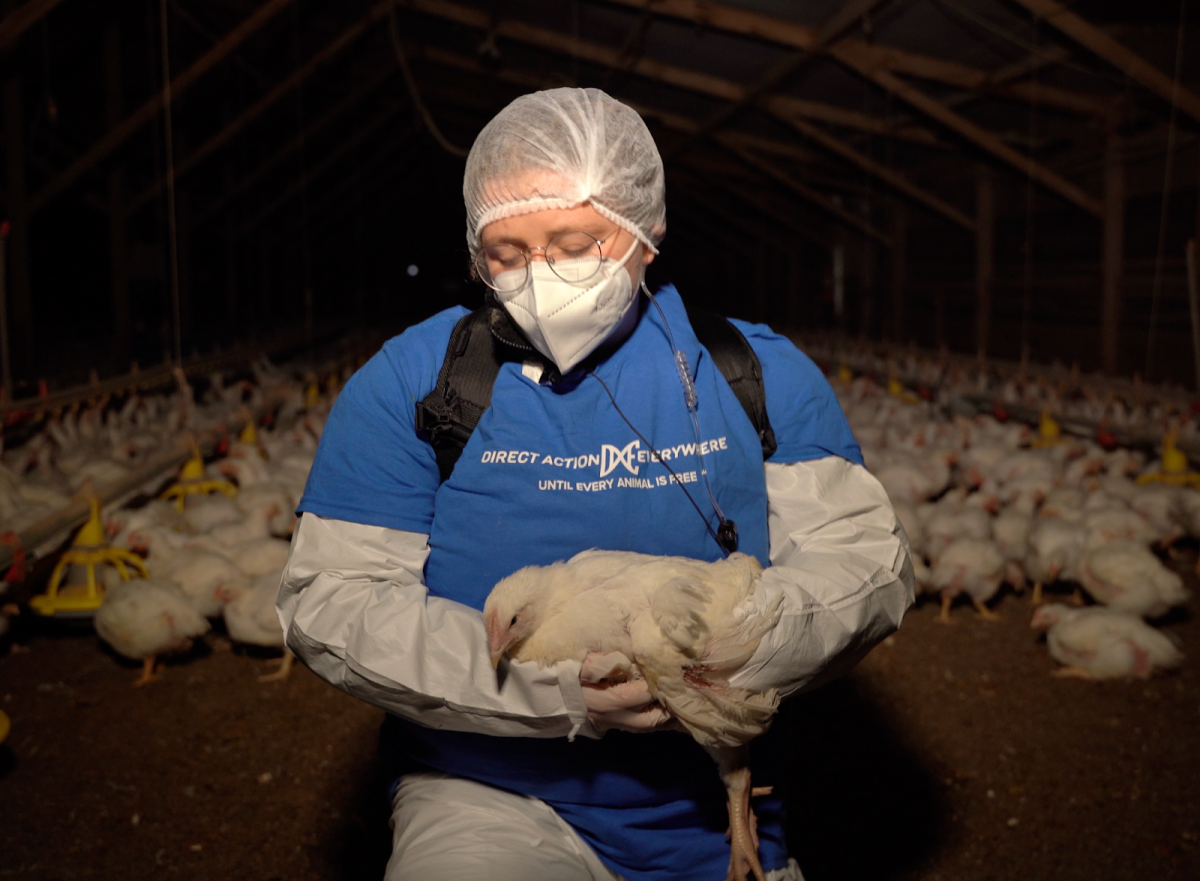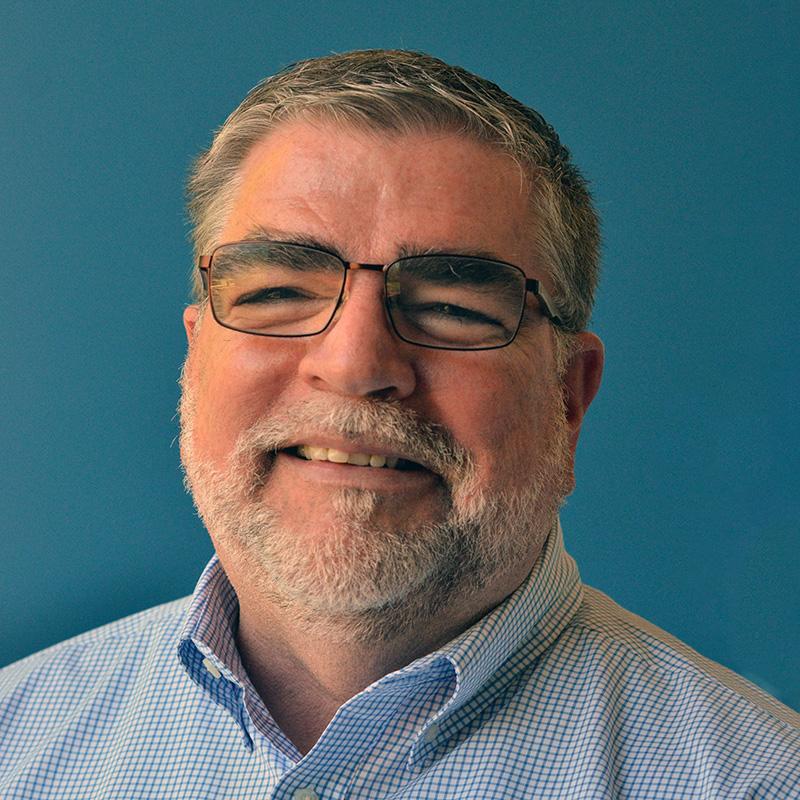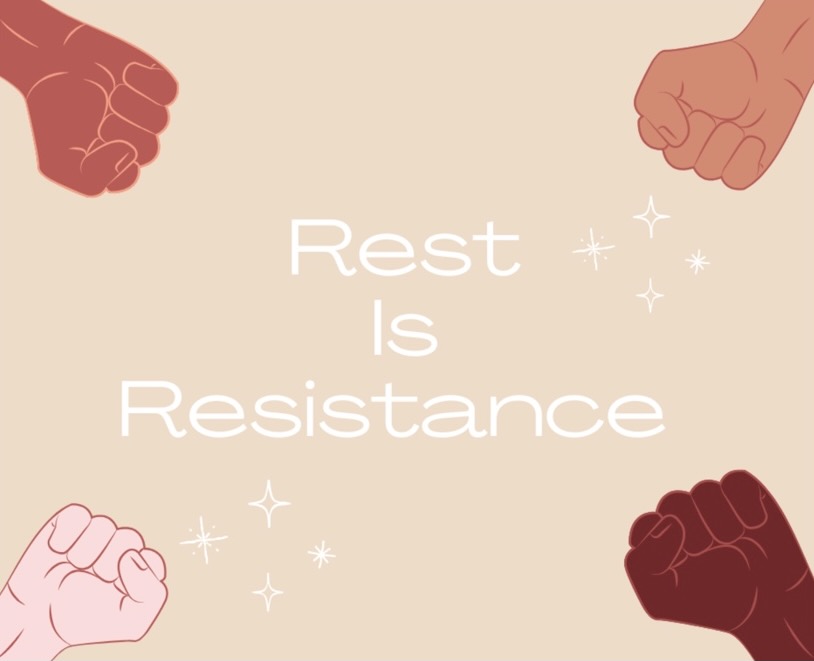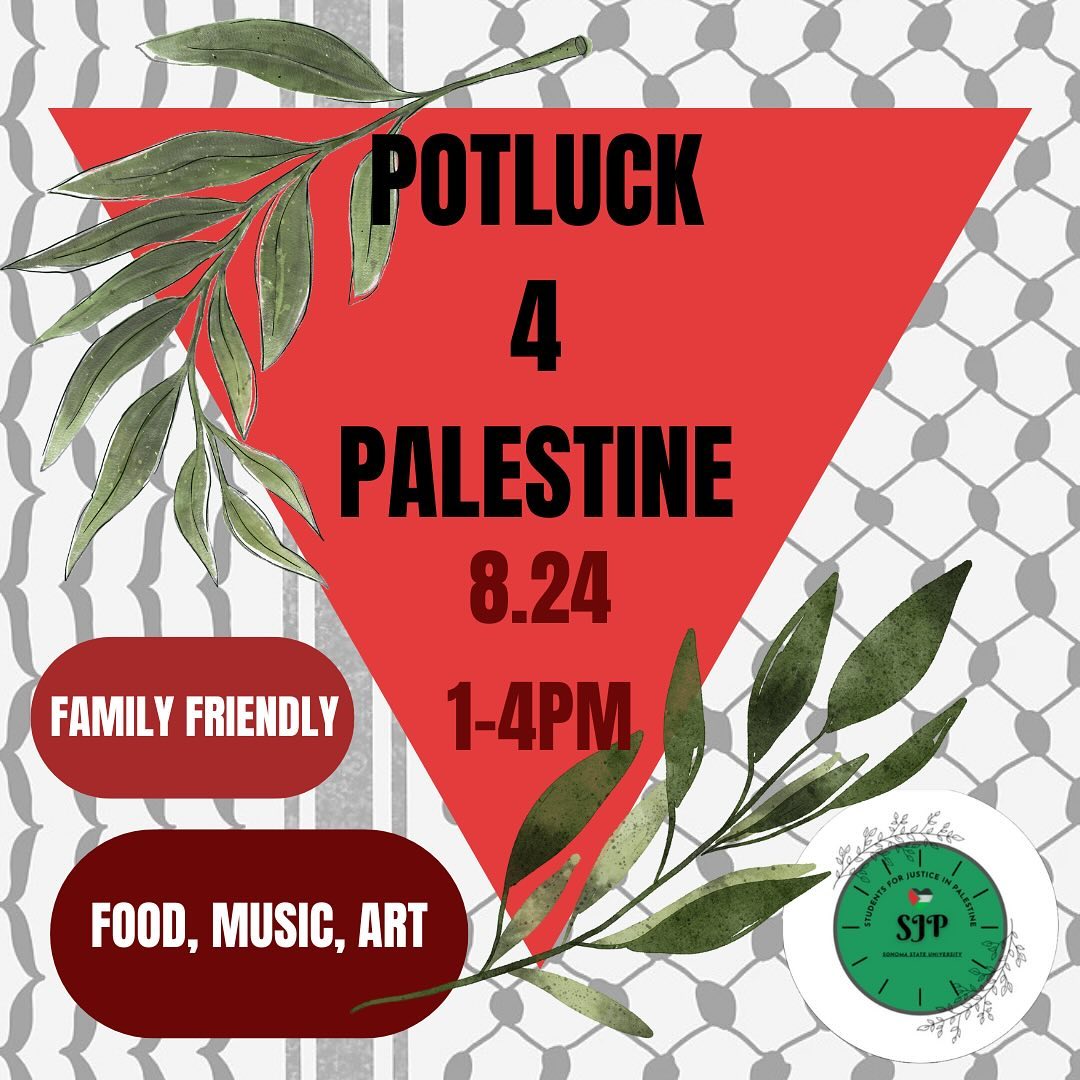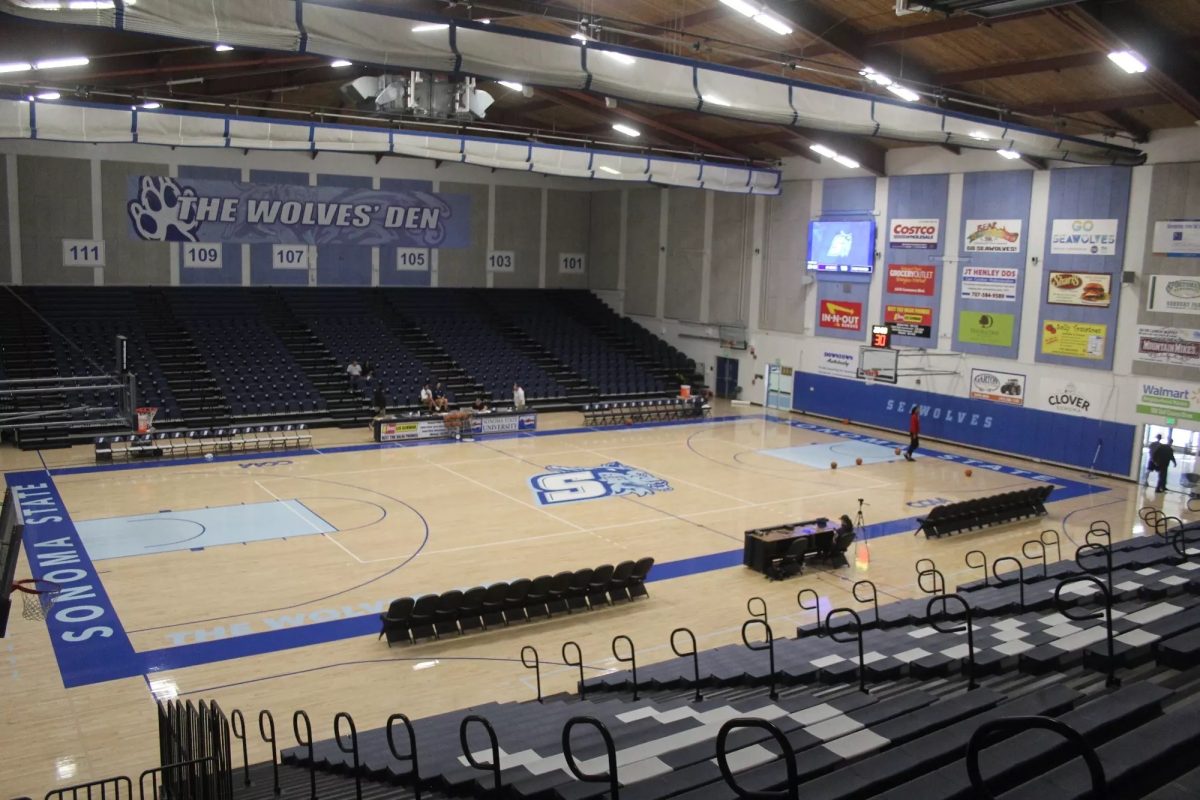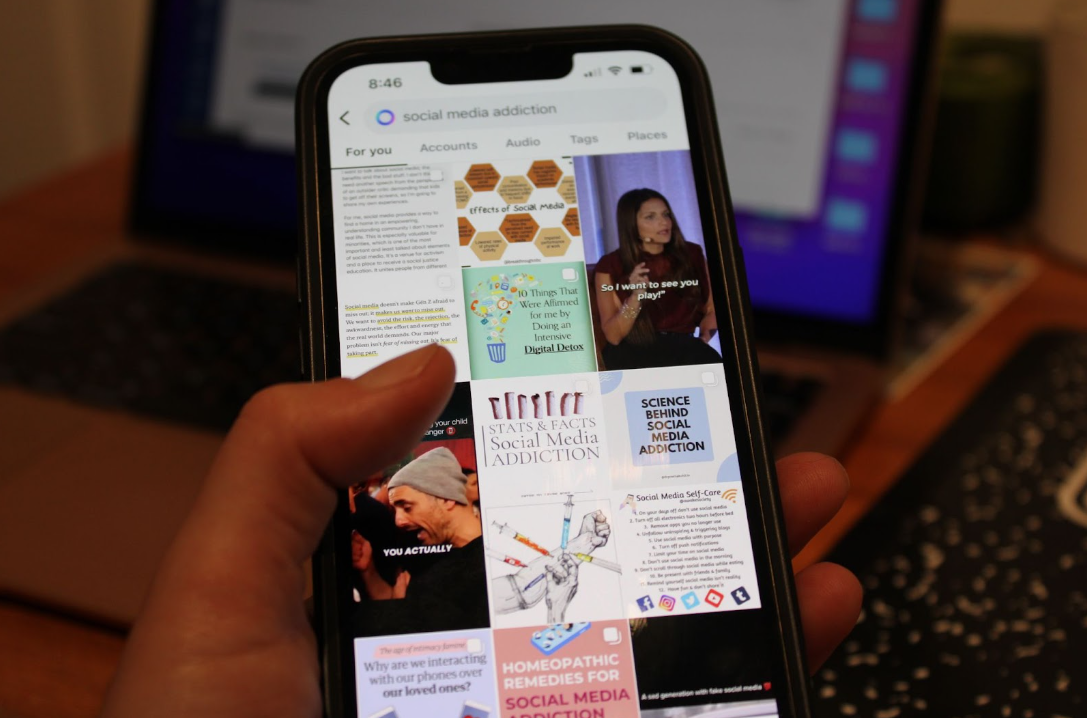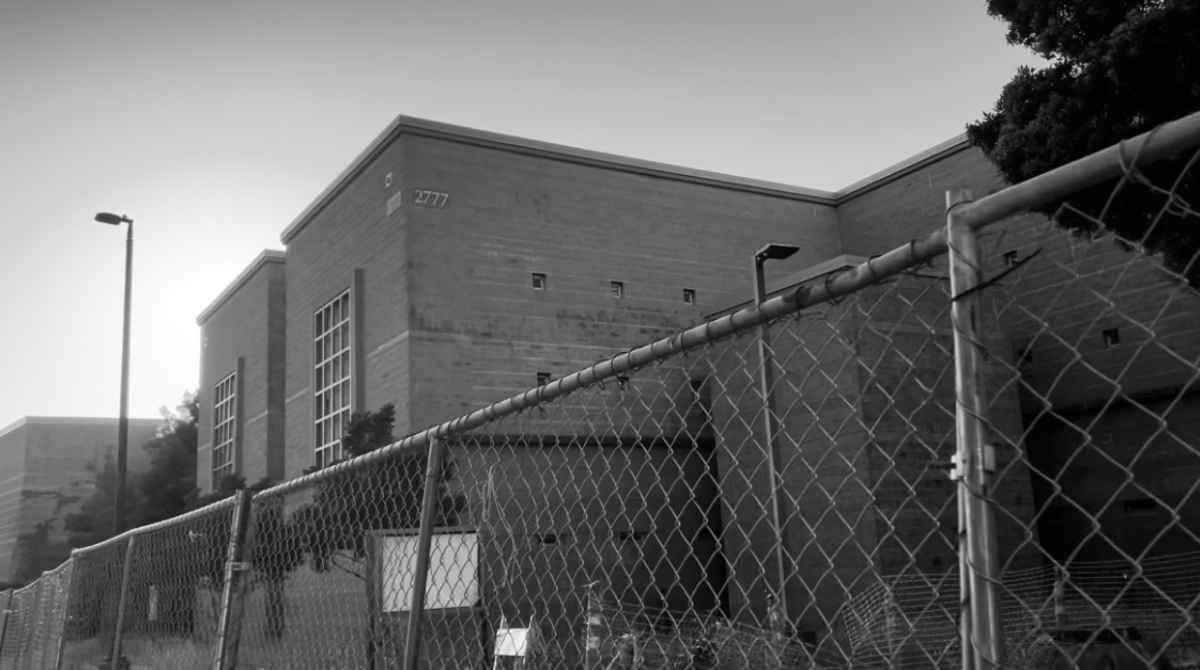Dear Editor,
I have been recently grumbling about a few things on this campus. To my fellow students and friends, we both know this place can be so depressingly apathetic, uninvolved and disconnected at times, but have you considered the notion that we continue to propagate this dynamic on campus?
Linguistic Anthropology points to a curious idea that explains why things ain’t gellin’ here. We have a language problem. Benjamin Whorf, a resourceful fire prevention engineer in the 20th century, who wasn’t a formally trained anthropologist, pointed out that we humans tend to construct the world based on the language we use to describe and explain it. While some people out there criticize this, this idea of linguistic relativity is surprisingly… relative…to our experience here.
From my experience, students tend to construct “bubbles” and “cliques” due to the rather small social comfort zones we “millennials” have outside of digital space. This tends to be reinforced in the ways we name and describe each other and it’s frequently not a conscious ordeal either. How do you indicate friendship to people in the passing five minutes you have on the way to your next class? How do people who don’t know you describe who you are? We forget that what we call each other, how we do it, when and where it happens, and why we do so, can demonstrate, between us and others around us, the quality and type of relationship we have. In short, it’s complicated.
It’s amazing how a name can open or close the door to a relationship. While in some contexts using these descriptors are appropriate, simple words in an inclusive context can sometimes subtly exclude people from a sense of membership. Whether you’re a “first-time freshman,” “student leader,” “student of diverse background,” “transfer student,” “student athlete,” “Greek” or even just a “student,” it may be unsavory to be reduced and categorized this way instead being named as a person who belongs at Sonoma State.
We should work collectively to be more conscious of how we name and describe each other. As unusual as I may have looked to some, I can say from experience that being labeled “the Asian Cowboy” really made me feel socially limited and excluded freshman year. Be attentive to the process of describing someone you haven’t become acquainted with yet. In many contexts, forgetting or misusing a name can come with some cultural ramifications, but believe me; our school’s culture does include the assumption that we are part of a place where you can network and branch outside of your comfort zone. Talk to people. Ask them to tell you who they are. You’ll learn something new and maybe make a cool friend.
There are great people at Sonoma who are learning every day, in their own unique way, who they are. We are all searching for ways in which we can be active members participating in a common community of practice. This is just my take but, our friends in Associated Students would call this being an “active citizen”; our faculty, our administration, and our staff might see this as being “an engaged student”; our Greek community might see this as attending philanthropy events, and our fellow students might simply call this staying “busy.” Any way you describe it, Sonoma does have a vibe, and you are part of it. There are hardworking, busy, creative, unique, and inspiring people here.
Call them as you see them, but in an inclusive way. Names are just one way people construct and entangle our web of relationships into an interconnected community. Building “community” takes time.
My experience here has taught me that good things happen slowly with one honest step at a time with your eyes on the sky and your feet on the ground. So before you get to your next class, here’s your step one to breaking the barriers we create at Sonoma State; shift the way you think by shifting the way you speak.
– Tomio Endo, Student

